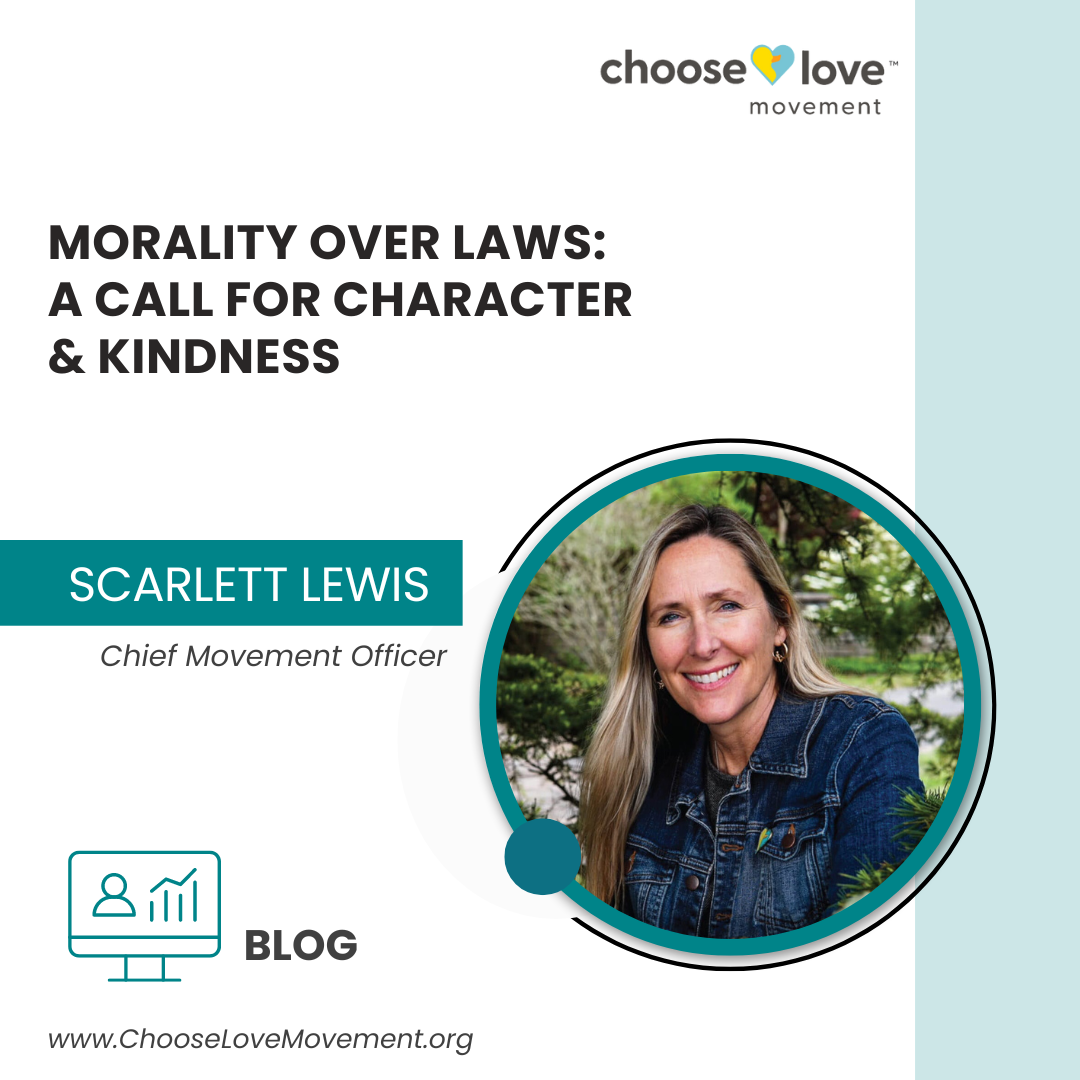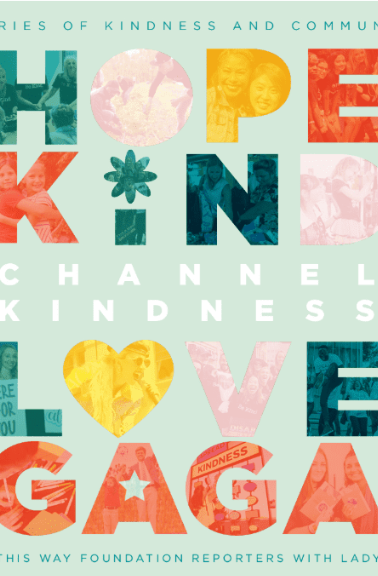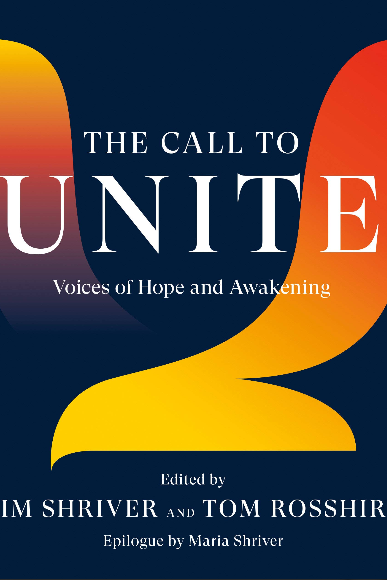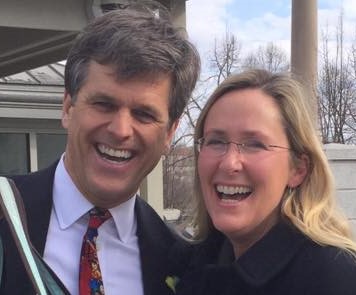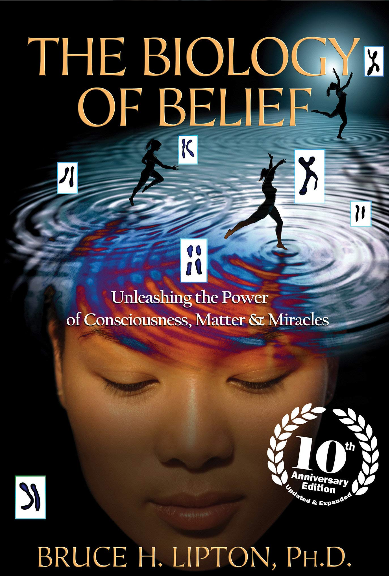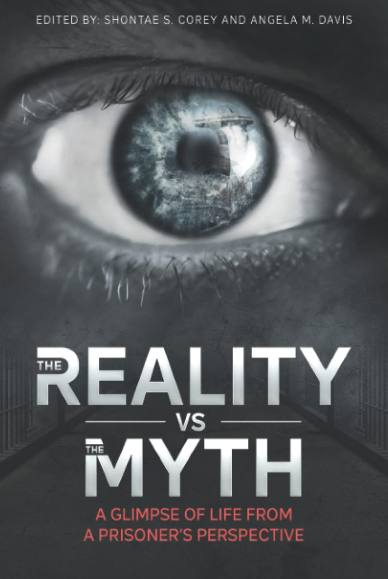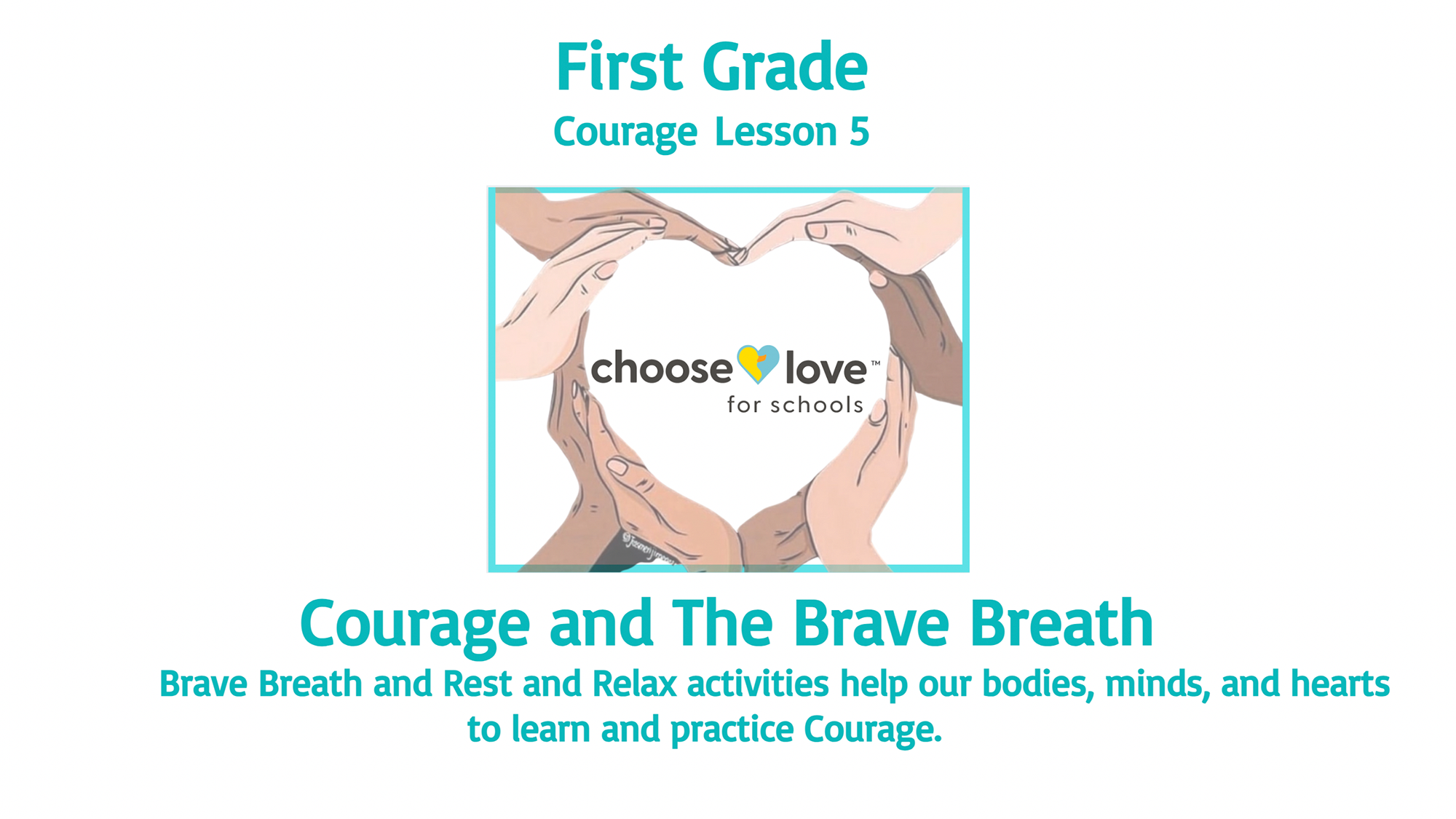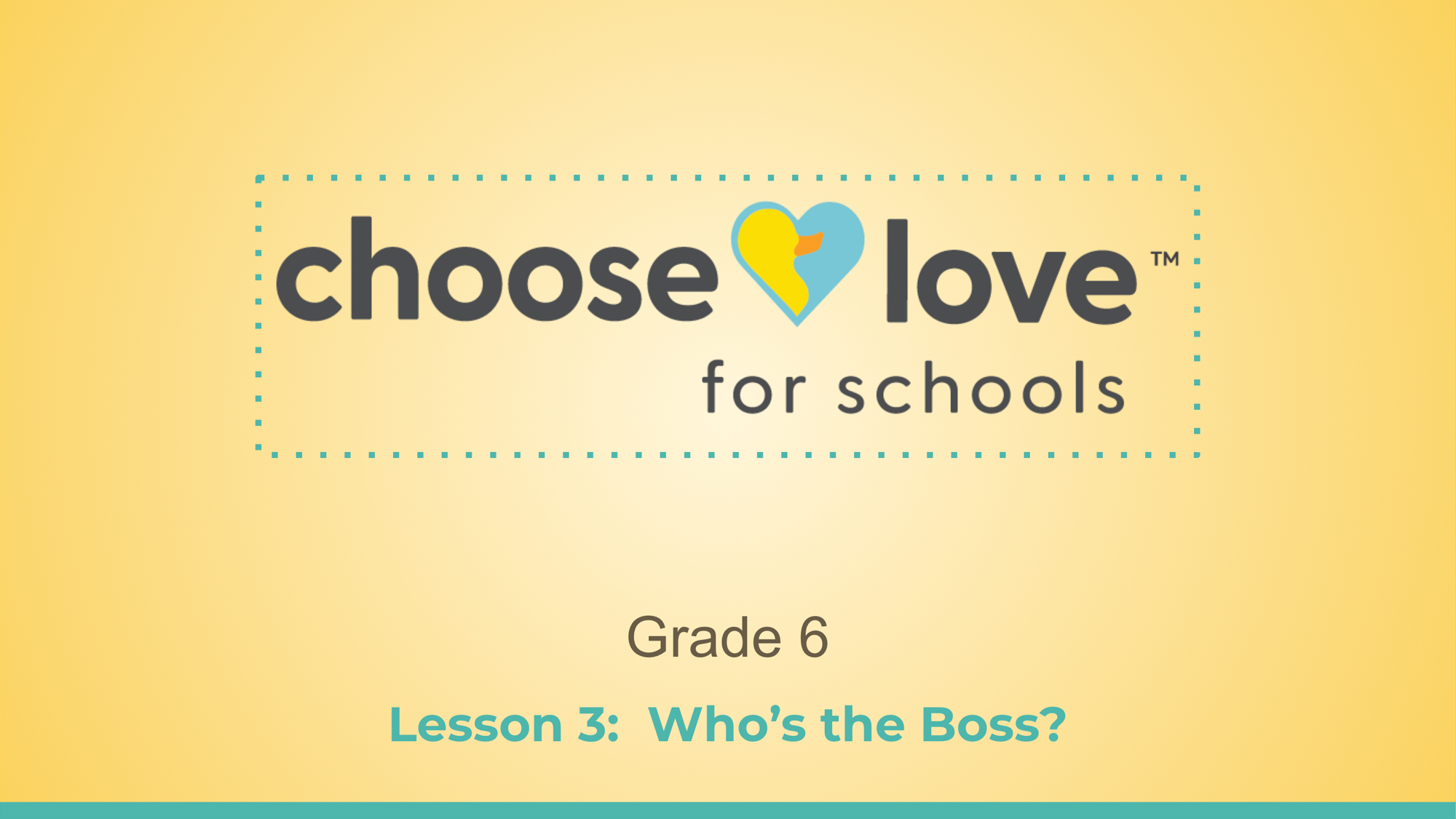By Scarlett, Lewis, Chief Movement Officer
In an era where societies are increasingly governed by an ever-growing list of laws and regulations, it seems we’ve diverted our focus from teaching and reinforcing the very foundation of ethical behavior: morals. A concerning sign of this shift can be seen in the latest survey conducted by Character.org, which revealed that less than 5% of individuals are familiar with the “Golden Rule”—treating others as we wish to be treated. This ancient principle forms the cornerstone of moral behavior, yet it is alarmingly overlooked in our modern society [1].
Statistical data highlights a troubling rise in violent activities within our schools and communities. Reports indicate:
- A significant increase in school violence over the past decade. According to the National Center for Education Statistics, school violence has been on the rise, posing severe challenges to student safety and well-being [2].
- An uptick in community thefts and other immoral activities, evident from annual crime reports published by the Federal Bureau of Investigation (FBI) [3].
- Escalating instances of cyberbullying and online harassment, swept under the rug due to anonymity. The Cyberbullying Research Center found that nearly half of young people have experienced some form of online harassment [4].
The realm of social media has created a platform where individuals often express thoughts and engage in behaviors they would never consider in person. The anonymity provided by these platforms allows for a form of depravity that is both unchecked and widespread [5].
However, this trend of immediate gratification and self-indulgence leads to fleeting benefits. Such actions are impermanent and benefit only the individual indulging in them, leaving behind no lasting legacy or positive influence on society [6].
Our inherent negative bias can significantly impact our focus, leading us to overemphasize threats and negativity in our surroundings. This negativity can permeate all aspects of life and make us more susceptible to being manipulated by fear, often masked as anger and hatred. These emotions, elevated within our society, can intensify divisions and hinder our ability to exhibit compassion and understanding. Studies have shown that fear-based motivations can trigger reactions that cloud our judgment and reinforce a cycle of hostility [7][8].
To truly live our best lives, we must transcend the pursuit of self-gratification. Living meaningfully and with purpose means loving and supporting one another. A legacy built on self-pleasure fades quickly, but one founded on altruism and kindness endures [9].
Choose Love.
1. “Importance of Character Education Survey,” Character.org, 2023.
2. “Indicators of School Crime and Safety,” National Center for Education Statistics, 2022.
3. “Annual Crime Report,” Federal Bureau of Investigation, 2023.
4. “Cyberbullying Data,” Cyberbullying Research Center, 2021.
5. “The Effects of Anonymity in Online Communities,” Journal of Media Psychology, 2020.
6. Baumeister, R.F., & Vohs, K.D. “The Pursuit of Self-Esteem: Implications for Good and Evil,” Journal of Personality, 2001.
8. Plant, E. A., & Devine, P. G. (2003). The antecedents and implications of interracial anxiety. *Personality and Social Psychology Bulletin, 29*(6), 790–801.
9. Seligman, M.E.P., “Authentic Happiness: Using the New Positive Psychology,” 2002.

